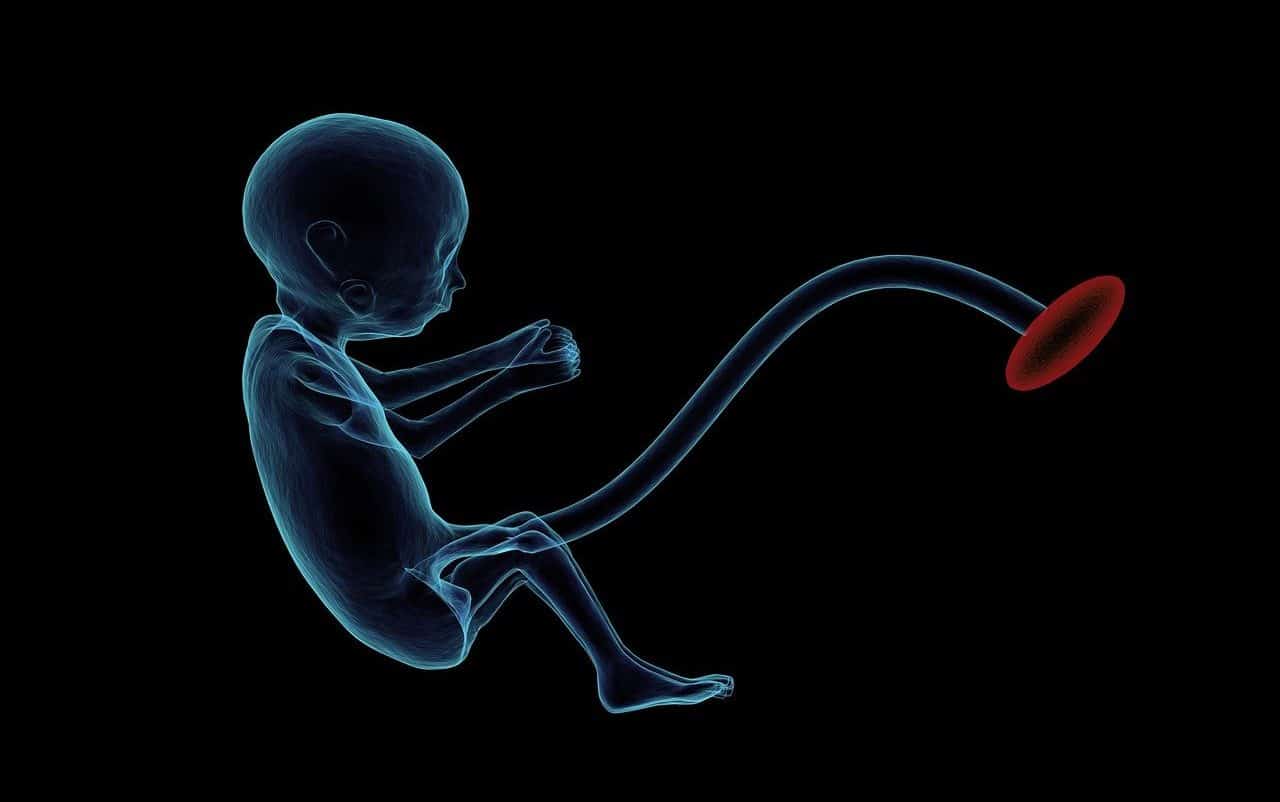
The causes of cravings in pregnancy are unclear.
Pregnancy is the state of the woman who is generating life in her womb . In the case of female animals, we speak of pregnancy . For example: "I am in the seventh month of pregnancy and I feel fabulous" , "When my wife lost the pregnancy, I felt very sad" , "We have been dreaming about this pregnancy for years!" .
When a woman is pregnant, she carries an embryo inside her that becomes a fetus and develops for nine months in the uterus until childbirth . At that time, the mother gives birth to a child, either naturally or by cesarean section . Pregnancy time is sometimes minimized, causing premature birth .
In the process that begins with the formation of the zygote in the uterus and extends until childbirth , the woman experiences numerous hormonal, metabolic and physiological changes that allow her to care for and nourish the fetus. With pregnancy, menstruation stops and the breasts prepare for breastfeeding, to mention two of these changes.
Types of pregnancy
The natural way pregnancy occurs is through a sexual relationship between a man and a woman . When ejaculating, the man deposits his sperm into the woman's vagina: if a sperm manages to fertilize an egg, a zygote is generated that implants in the uterus, generating pregnancy.
There are, however, other ways to produce pregnancy. For this, assisted reproduction techniques must be used, such as in vitro fertilization (IVF) and artificial insemination .
According to its characteristics, it is possible to refer to an early pregnancy or teenage pregnancy (when the pregnant woman has not yet reached adulthood), an ectopic pregnancy (if the egg develops outside the uterus), an unplanned pregnancy (also called unplanned pregnancy). desired ) or a multiple pregnancy (if two or more fetuses develop simultaneously in the uterus), among other types.

During pregnancy, the placenta develops, an organ that provides nutrients and oxygen to the developing baby.
Possible complications
Although most pregnancies do not go through complications, it is important to know the problems that may arise in order to act quickly if we detect any anomaly . When faced with a worrying symptom, professionals may indicate certain laboratory tests, ultrasounds or clinical examinations.
Needless to say, the worst problems are those that directly affect the baby . Within this group are spontaneous abortions , which interrupt fetal development irreversibly. They usually occur within the first 20 weeks and affect an average of 15% of women. It is estimated that the reason why the embryo cannot continue developing lies in some anomalies in the chromosomes of the egg that has been fertilized.
But not everything is lost in the battle against spontaneous abortion , since it is possible to avoid it if we detect its signs in time. Vaginal bleeding is the first thing that occurs and is enough to contact the doctor urgently. If necessary, this will indicate an ultrasound to observe the interior of the uterus, in addition to a blood test.
Preeclampsia and gestational diabetes , meanwhile, are complications that can affect the mother and, by extension, the fetus. Prenatal control by a professional is essential to prevent and eventually treat these types of conditions.
Premature birth is another of the complications of pregnancy, and is characterized by the opening or thinning movement of the cervix , with the subsequent birth of the baby, before week 37. As a statistical data, approximately 12% of births in The United States are of this type.
We should not underestimate the potential negative consequences of premature birth: although it is true that in many cases medical advances manage to protect the baby until it can survive with its mother naturally, in some cases it can lead to serious health problems or even death. The less developed the child is, the less likely he or she is to be healthy or survive.

Many women choose to take prenatal classes in preparation for motherhood.
Pregnancy characteristics
Although each woman experiences pregnancy in her own way and according to the conditions of the case, there are common characteristics. With a positive pregnancy test and the corresponding confirmation from a doctor, different processes are set in motion in the female body.
In the first trimester that begins with conception , abdominal stretching occurs and the breasts enlarge. Morning sickness is also common. The second trimester is characterized by Braxton Hicks contractions (irregular and low intensity), cramps and dizziness. Already in the third trimester , breathing difficulties and digestive problems may appear.
It is key to have a trusted obstetrician who carries out the relevant checks to care for both mother and baby. You may prescribe, for example, prenatal vitamins and folic acid; monitor fetal movements; and order different studies and special checkups if it is a high-risk pregnancy.
As part of the preparation for childbirth, it is common for the woman - generally accompanied by her partner - to try to obtain maternity clothes, a baby carrier, diapers, a bottle, a crib, a changing table and a baby car seat, among other products that will be necessary with the consummated birth. Sometimes, the celebration known as a baby shower allows you to obtain these items as gifts from friends and family.
